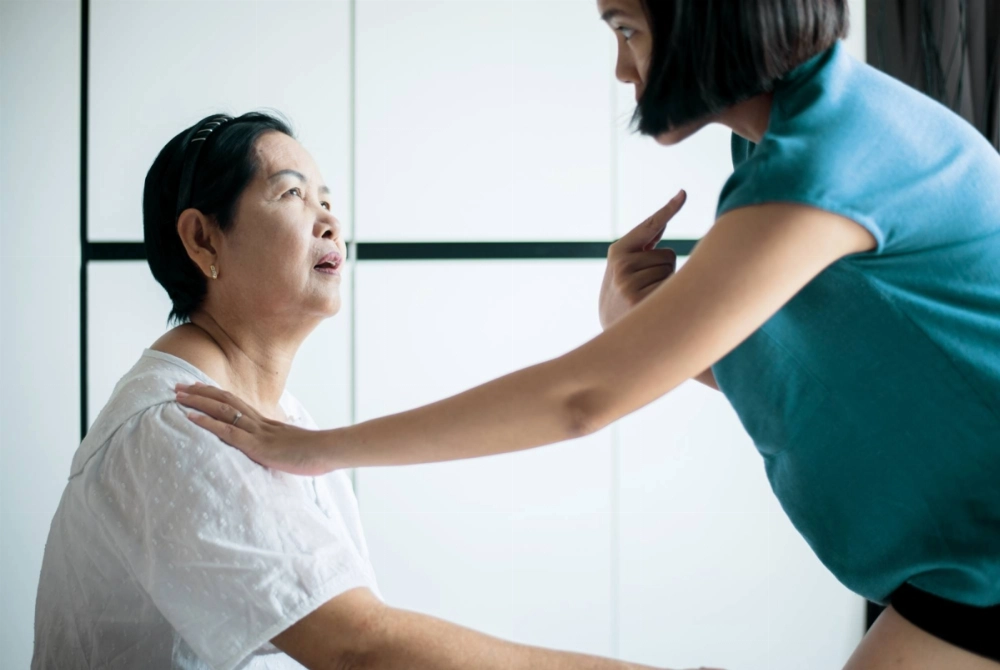Japanese researchers have developed a technique to identify individuals who may have Alzheimer’s disease by asking simple questions and observing their behavior. The method is expected to facilitate early diagnosis and treatment.
The study, by researchers from Keio University and Saiseikai Yokohamashi Tobu Hospital, showed that Alzheimer's disease can be predicted by identifying the "head-turning sign (HTS)." This behavior, where patients turn their head toward a caregiver for assistance when a doctor asks a set of simple questions, is commonly seen in people with dementia.
The research was published in the medical journal Alzheimer's Research & Therapy on Nov. 21.



















With your current subscription plan you can comment on stories. However, before writing your first comment, please create a display name in the Profile section of your subscriber account page.